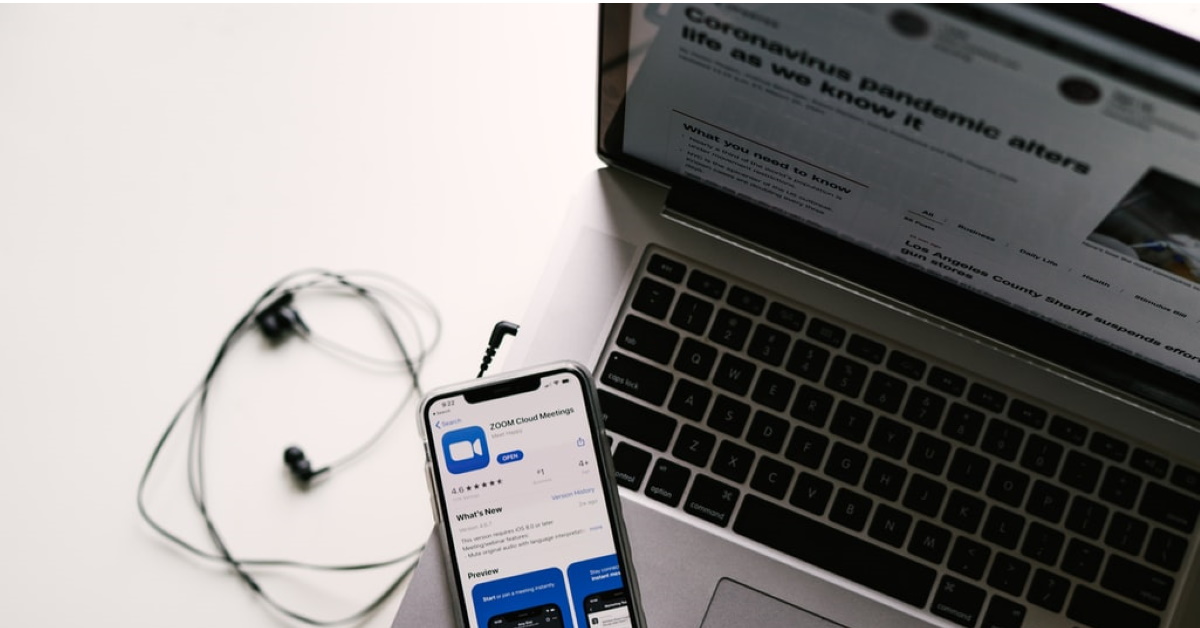How to Conduct Effective Virtual Interviews
As the resistance to virtual interviewing is waning in the age of COVID-19, we should be thinking more about long-term adaptation than simply utilizing this technology as a temporary solution. Time constraints and safety measures aside, the cost savings of virtual interviewing is becoming a line item many executives can no longer ignore. Within this in mind, we expect virtual interviews to become a standard business practice and cost reduction opportunity.
Virtual interviews are new to many businesses and a large degree of trial and error still exists. As a starting point, keep track of what is working and scrap what is not. Use this growing experience to develop policies, questionnaires, and best practices, and your organization will continue to benefit for years to come. Here are five simple ways you can get started on the right path and conduct effective virtual interviews.
1. Be Transparent
These are extraordinary times and circumstances filled with daily reports of record jobless claims. Candidates are looking for opportunities in a safe and stable work environment. Lay your cards on the table and address what your organization is doing to provide and maintain a safe workplace. Be honest about the landscape of your industry and business as well as your ability to respond to changing market conditions. Establishing transparency and trust with candidates and employees will pay dividends in company culture and public reputation.
2. Be Prepared
Make sure your technology is thoroughly tested before starting a virtual interview and have a backup plan in place. Internet companies are working around the clock to rebalance data loads as we transition from business to home offices for work and classrooms to kitchen tables for learning. Outages are unpredictable, mobile connections can be unreliable, and candidates may not have cellular data plans that support mobile video conferences. When tech fails, be prepared to fall back to a phone interview within the same time slot. Make candidates aware of this option before the interview so they know what to expect.
3. Be Engaging
While more personable than phone interviews, video conference interviews still lack many of the physical cues, subtle nuances, and eye contact of meeting in person – and this goes both ways. Give the candidate your undivided attention and ensure that the tone of your voice reinforces your message and intent. Keep in mind that the only way to make “eye contact” with the candidate is to look directly at the camera on your device. You will be tempted to look at the candidate on screen, but this will make it appear as though you are looking down and away. Be sure to nod in acknowledgement or provide other physical cues, as small audible responses can be ineffective over this medium. Record yourself on a mock call or with your camera’s software so you can see exactly how you to come across to the viewer.
4. Be Thorough
Video interviews can be recorded with candidate permission, so make this authorization part of your scheduling process. By accepting the appointment, the candidate agrees to the recording of the interview, and you are free to interview without having to take notes during the call. Remember that the candidate’s field of view is limited by your camera, and he/she may not be able to see what you are doing. Off-screen distractions can derail a virtual interview just as quickly as a confusing tone or lack of eye contact. By taking the notes out of the equation, you are free to engage in more natural conversation, even when guided by a formal list of questions. Replay the interview immediately after the call to record the most critical information and refer to saved video files as needed. Utilize online assessments to further vet candidates of interest, and make them aware of this step early on.
5. Be Connected
Take the time to make a human connection during the interview. While it has affected people to varying degrees, the uncertainty of COVID-19 is a universal experience. This can also be a real-time behavioral interview question about managing/overcoming a challenging time. Address the candidate’s concerns and questions and use the opportunity to gain insight into his or her experience, resilience, and coping style. How might that approach and temperament fit into your company culture and will this person be a potential long-term fit? Leverage this well-rounded approach to make hiring recommendations and decisions based on the complete candidate profile.
